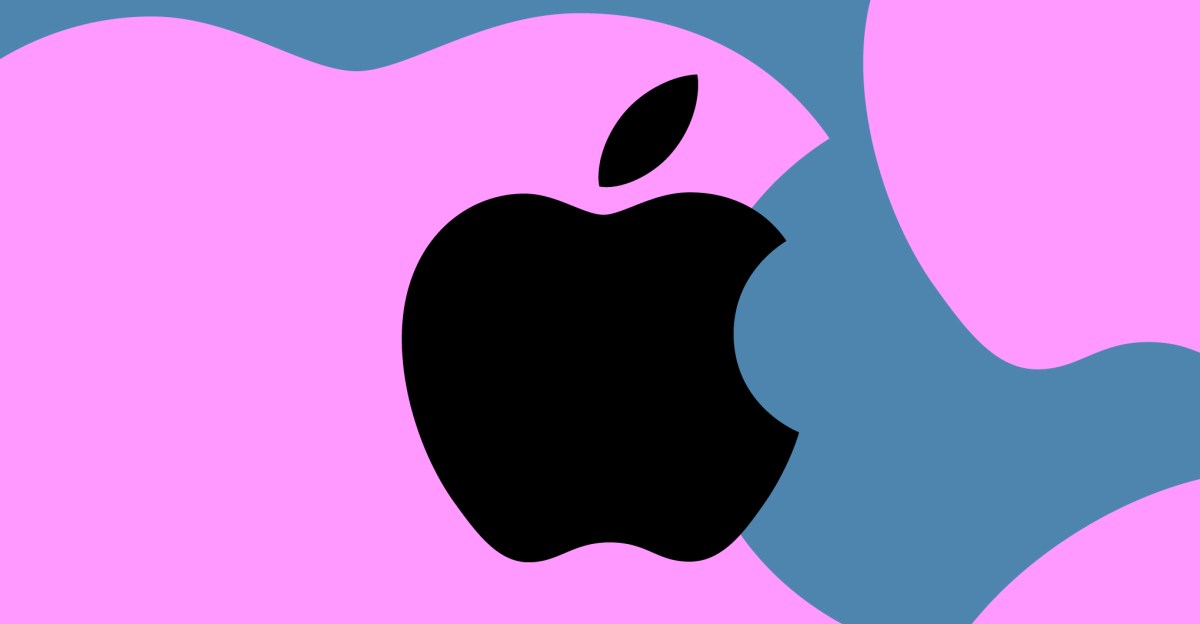Apple Addresses Controversial Voice Dictation Error Amidst Political Sensitivities
Recently, a significant controversy emerged regarding Apple’s voice dictation feature, which mistakenly replaced the term ‘Trump’ with ‘racist.’ This incident has sparked widespread discussions about algorithmic biases, the role of technology in political discourse, and the ethical responsibilities of tech companies. As Apple takes steps to rectify this issue, it raises essential questions about how algorithms influence communication and the broader implications for society.
The Incident: What Happened?
The glitch in Apple’s voice dictation system was brought to light by users who noticed that whenever they attempted to use the name ‘Trump’—referring to the former President Donald Trump—the system would automatically substitute it with the word ‘racist.’ This substitution not only altered the intended meaning of the communication but also introduced a political bias that many users found concerning.
For many, this was not just a simple error; it was a glaring example of how machine learning algorithms can inadvertently reflect societal biases. The backlash was immediate, with users expressing their frustrations on social media platforms, calling for accountability from Apple.
Algorithmic Bias: A Growing Concern
Algorithmic bias is a well-documented phenomenon where artificial intelligence systems reflect the prejudices present in their training data. This issue is particularly pertinent in the realm of natural language processing (NLP), where the nuances of human language can lead to unintended consequences.
- Training Data: AI systems learn from vast datasets that may contain biases. If the training data includes politically charged language or negative associations with certain figures, the AI may replicate these biases.
- Impact on Communication: When technology alters the words we use or how we express our opinions, it can significantly influence public discourse and perception.
- Public Trust: Incidents like these can erode user trust in technology companies. If consumers believe a product is biased, they may reconsider their loyalty to the brand.
Apple’s Response: Steps Towards Correction
In light of the controversy, Apple has acknowledged the issue and is reportedly working on a fix. The company has emphasized its commitment to improving the accuracy and neutrality of its voice dictation technology. Here are some steps that Apple is likely to take:
- Software Updates: Apple will likely release a software update to correct the dictation error, ensuring that the voice recognition system correctly interprets the name ‘Trump’ without substitution.
- Bias Audits: Conducting thorough audits of their algorithms to identify and mitigate potential biases in their systems.
- User Feedback: Apple may also implement enhanced feedback mechanisms, allowing users to report inaccuracies directly, thereby improving the system over time.
The Broader Implications for Technology and Society
This incident raises several important considerations about the role of technology in our lives, especially in the context of political discourse:
1. The Role of Tech Companies in Political Speech
As technology becomes increasingly integrated into our daily communication, tech companies like Apple find themselves in a complex position. They hold significant power over how information is disseminated and interpreted. This places a responsibility on these companies to ensure their products promote fair and unbiased communication.
2. The Need for Transparency
Consumers deserve transparency regarding how algorithms operate. Understanding the mechanics behind voice recognition systems and the potential for bias can empower users to make informed decisions about the technologies they employ.
3. The Future of AI Development
Developers and engineers must prioritize ethical considerations in AI development. This includes diversifying training datasets to reflect a broad spectrum of perspectives and continuously testing for biases. As AI technology evolves, so too should the ethical frameworks guiding its development.
Public Reaction and the Path Forward
The public reaction to this controversy has been mixed. Many users expressed outrage, while others viewed it as a learning opportunity for tech companies. Users expect accountability and improvements from Apple and other tech giants. There is a growing demand for companies to take proactive measures to ensure that technology serves to unite rather than divide.
As Apple continues to address the voice dictation error, it may set a precedent for how tech companies handle similar issues in the future. Consumers are increasingly aware of the implications of bias in technology, and they are vocal about their expectations for responsible tech development.
Conclusion: A Call for Ethical AI
The incident involving Apple’s voice dictation software serves as a crucial reminder of the responsibilities that come with technological advancement. As we rely more on AI and machine learning to facilitate communication, it is imperative to recognize and address the biases that may arise. Apple’s commitment to rectifying this issue is a step in the right direction, but it also highlights the need for ongoing scrutiny and ethical considerations in the development of AI technologies.
In a world where technology increasingly mediates our interactions, ensuring that it operates fairly and without bias is essential. As consumers, we must advocate for transparency, accountability, and ethical practices in the tech industry. Only then can we harness the true potential of technology to enhance our discourse and foster a more informed society.
See more Future Tech Daily

